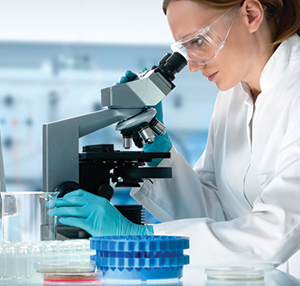- 24x7 live Support
- +971 56 2960963 | +91 6369 188 425

ISO/IEC 17025 is the global quality standard for testing and calibration laboratories. It is the basis for accreditation from an accreditation body. The current release was published in 2017.
There are two main clauses in ISO/IEC 17025 - Management Requirements and Technical Requirements. Management requirements are related to the operation and effectiveness of the quality management system within the laboratory, and this clause has requirements similar to ISO 9001. Technical requirements address the competence of staff; testing methodology; equipment and quality; and reporting of test and calibration results.
ISO/IEC 17025 is a specification for calibration and testing laboratories, applicable to any type of organization regardless of size, location or the range of services they provide. The majority of information is contained in 2 of its sections:
Management RequirementsTechnical requirements address the competence of staff, sampling and testing methodology, equipment, and the quality and reporting of test and calibration results. This clause is divided into ten chapters.
As with any well constructed standard, ISO 17025 is not to be considered as an unnecessary imposition on your time and efforts. It is designed to be help you improve, and then maintain, your quality and standards. By following the procedures and methods specified, everyone can be assured of the accuracy and integrity of your laboratory. However, you will have to continually monitor your quality processes to ensure that they continue to meet the guidelines of this standard. This is a good thing for everyone, remember: rigorous quality processes equate to fewer failures and errors.
It is also important to remember that as more calibration laboratories become accredited, correlation between these accredited laboratories' measurements will improve, thereby improving the general quality of the measurement process everywhere.
